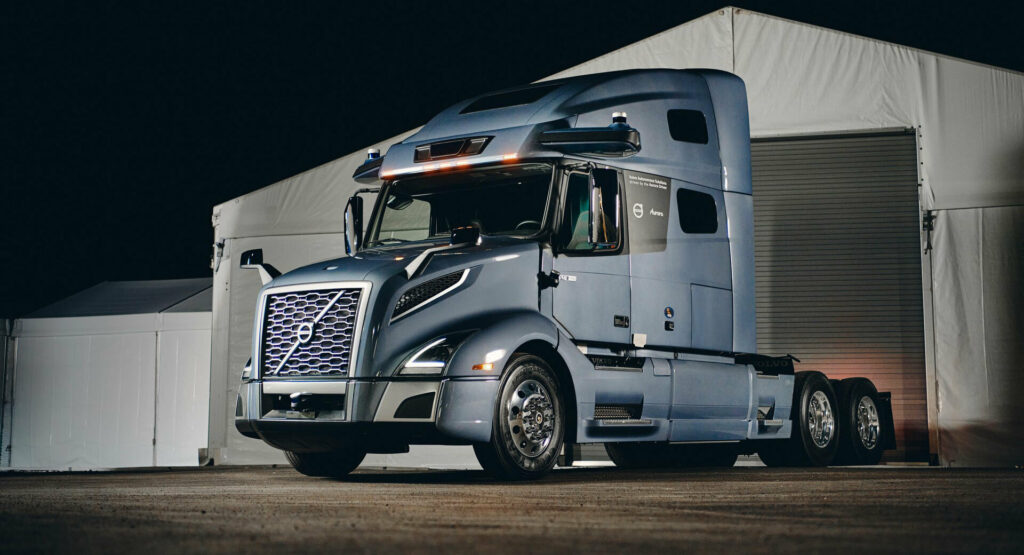Volvo’s Situation

The news of nearly 800 layoffs from the Volvo Group across its U.S. operations has sent ripples through the industry. Facing ongoing market uncertainty, Volvo cites tariff tensions as a major influencer in its decision. This isn’t just a rough patch for Volvo but a broader reflection of challenges many automakers and manufacturers face due to changing economic policies.
Reasons Behind Volvo’s Decision

The layoffs represent about 4% of Volvo’s U.S. workforce and include workers from factories in Macungie, Pennsylvania, as well as locations in Dublin, Virginia, and Hagerstown, Maryland. This decision stems predominantly from volatility in the market brought on by tariffs, which are making the industry landscape quite unpredictable. Orders for heavy-duty trucks have seen a significant decline due to concerns over freight rates and evolving demand.
Volvo Group North America stated in a message to Reuters that both regulatory uncertainties and tariff impacts are pivotal reasons for aligning production with current demand. This strategic move reflects the broader struggles seen across the automotive sector.
Broader Industry Effects

The ripple effects of these trade tensions aren’t isolated to Volvo. Other giants like Ford and Nissan have already adjusted their production and sales strategies. For instance, Ford has had to pause exporting certain vehicles to China, while Nissan has cut back their production of the Rogue, a top seller.
Mitsubishi’s stoppage of vehicle deliveries to U.S. dealers also contributes to the broader picture of an industry grappling with the consequences of a fluctuating global trade environment.
Volvo’s North American Impact
Volvo’s operations in North America are vast, featuring 16 manufacturing and remanufacturing facilities. Despite manufacturing trucks locally in the U.S., which steers them clear of the 25% tariffs on imported vehicles, they are still vulnerable to tariffs on parts originating abroad. This adds layers of complexity to an already challenging situation.
A look at Volvo’s structure shows its intricate web of influence. While Volvo Group owns Mack Trucks since 2000 and shares ties with others like Geely, the operations are intertwined in both North American and global markets.
The Driving Experience
When stepping behind the wheel of a Volvo truck, it’s clear their blend of solid engineering and advanced technology delivers a smooth ride that many equate with a sense of power and confidence. They often draw comparisons with American truckmakers like Peterbilt and Kenworth, boasting similar reliability and strength with a European flair of comfort. The driving dynamics allow for a commanding road presence with high torque delivery, yet maintains a reassuring fuel efficiency – a critical selling point in today’s economy.
As these challenges unfold, Volvo’s ability to adapt and maintain its commitment to delivering quality vehicles will be pivotal. Keeping an eye on how these tariff wars further shape the automotive industry is a topic many in the sector are closely monitoring.
Mono R Hits Auction
Tesla Rethinks Approach
Performance Dream Team
Audi E5 Sportback Unveiled
Buick's Sales Surge